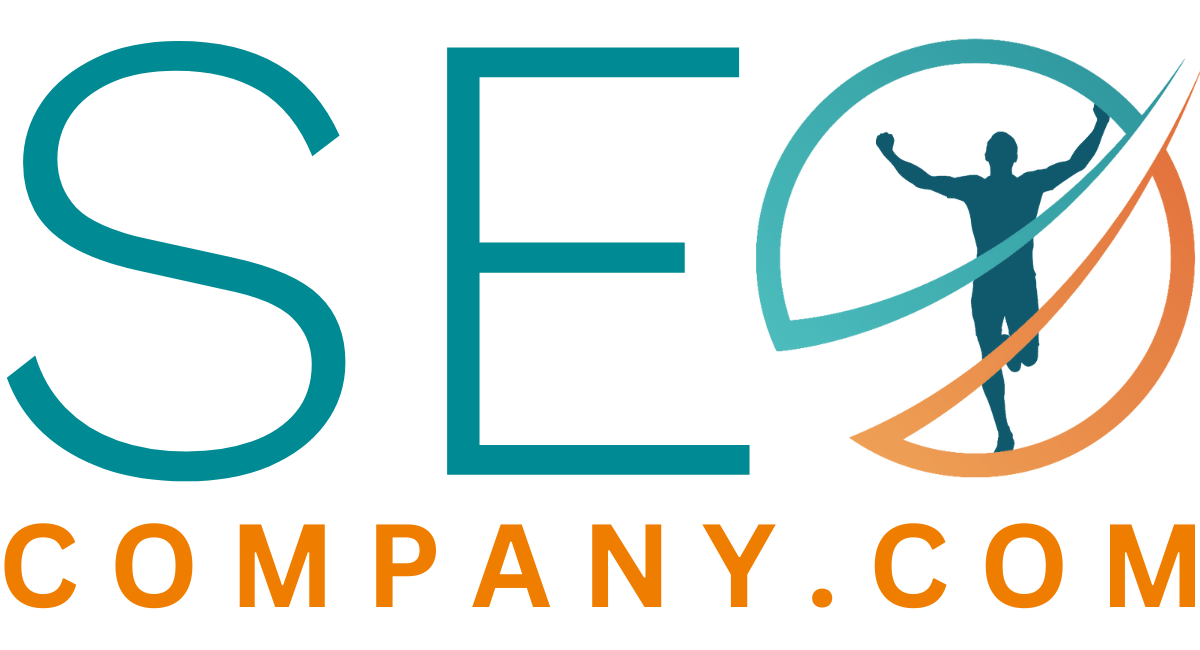
What is a Cookie, and What is it used for?
Cookies are a small piece of data that a website stores on a user’s device when the user visits the website. The Cookie allow websites to remember users’ actions and preferences (such as login information, language, font size, and other display preferences) over a period of time, so users don’t have to keep re-entering them whenever they come back to the site or browse from one page to another.
Cookies are mainly used to:
- Identify users: Cookies can be used to identify users when they return to a website, which can be useful for personalizing their experience, such as showing them relevant content or products based on their past behavior.
- Track user behavior: Cookies can be used to track users’ behavior on a website, such as what pages they visit, what products they view, and what actions they take, such as adding items to a cart or filling out a form.
- Measure website performance: Cookies can be used to measure website performance, such as how long users stay on a site, what pages they visit, and what actions they take, which can be useful for optimizing website design and content.
Relationship and Importance to Web Design:
The Cookie plays a significant role in web design, particularly in personalizing the user experience. With the help of cookies, web designers can remember users’ preferences, such as language, font size, color schemes, and more, and deliver a personalized experience accordingly. This can help to increase user engagement, satisfaction, and loyalty.
Relationship and Importance to Accessibility:
The Cookie has no direct relationship to accessibility. However, web designers should ensure that their use of cookies doesn’t impede accessibility, such as by making it difficult for users to navigate the site, particularly those using assistive technology.
Relationship and Importance to Search Engine Optimization:
Cookies have no direct relationship to search engine optimization (SEO). However, web designers should ensure that their use of a cookie doesn’t negatively impact SEO, such as by creating duplicate content or slowing down page load times.
Caution about Cookies:
Some cookies can be used for malicious purposes, such as tracking users’ behavior across multiple websites or stealing sensitive information, such as login credentials or credit card numbers. Therefore, it’s essential to use cookies ethically and transparently, and to inform users about the types of cookies that are being used on a website, as well as their purpose.
History and Usage of Cookies:
The Cookie was first introduced in 1994 by Lou Montulli, a programmer at Netscape Communications Corporation. The initial purpose of cookies was to enable e-commerce websites to remember users’ shopping carts and to provide a personalized experience. Since then, cookies have become ubiquitous in web design and digital marketing, enabling website owners to collect valuable data about users’ behavior and preferences, and to deliver a more personalized and engaging experience.
Common Questions About Cookies:
- Are cookies bad for privacy?
Cookies can be used for tracking users’ behavior across multiple websites, which can be a concern for privacy. However, not all cookies are bad for privacy. Some cookies are necessary for the functioning of a website, such as session cookies, which allow users to remain logged in during a browsing session. Additionally, some cookies can be used for enhancing privacy, such as by allowing users to opt-out of targeted advertising.
- Can I delete cookies from my browser?
Yes, you can delete cookies from your browser. The process for doing so varies depending on the browser you’re using. Typically, you can delete cookies by going to your browser’s settings or options and selecting the option to clear your browsing data.
- What happens if I disable cookies in my browser?
If you disable cookies in your browser, you may not be able to use some features of websites, such as login, personalization, and shopping carts. Additionally,
continue
you may not be able to receive targeted advertising or have a personalized experience. However, you can still browse the web and access content without cookies enabled.
- Can cookies be used to steal my personal information?
Cookies themselves cannot be used to steal personal information, such as login credentials or credit card numbers. However, cookies can be used by malicious actors to track users’ behavior and gather sensitive information, such as login credentials or credit card numbers, if users enter them into unsecured forms or websites. Therefore, it’s essential to be cautious when entering personal information on the web and to use secure websites and forms.
Conclusion:
Cookies play a significant role in digital marketing analytics, enabling website owners to collect valuable data about users’ behavior and preferences and to deliver a more personalized and engaging experience. While cookies can be used for malicious purposes, ethical and transparent use can enhance the user experience without compromising privacy or security. Web designers and digital marketers should be aware of the ethical and legal implications of using cookies and ensure that they comply with relevant regulations and guidelines.
